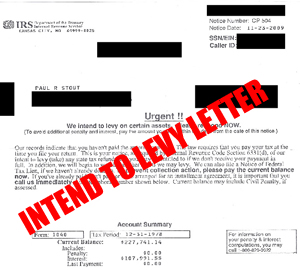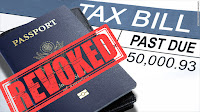The tax authorities of the UK, US, Australia, Canada and Netherlands have set up a joint committee to improve international enforcement against tax crime and money laundering. The first meeting of the so-called J5 Group (Joint Chiefs of Global Tax Enforcement) was held during July 2018 where plans where developed to detect cyber criminals and enablers of offshore tax crime. The threat of virtual currencies to tax administrations is a particular priority.
The Joint Chiefs of Global Tax Enforcement (known as the J5) are committed to combatting transnational tax crime through increased enforcement collaboration. The J% will work together to gather information, share intelligence, conduct operations and build the capacity of tax crime enforcement officials.
The J5 is comprised of:
- The Australian Criminal Intelligence Commission (ACIC) and Australian Taxation Office (ATO),
- The Canada Revenue Agency (CRA),
- The Fiscale Inlichtingen- en Opsporingsdienst (FIOD),
- HM Revenue & Customs (HMRC), and
- Internal Revenue Service Criminal Investigation (IRS-CI).
The J5 is convinced that offshore structures and financial instruments, where used to commit tax crime and money laundering, are detrimental to the economic, fiscal, and social interests of our countries. We will work together to investigate those who enable transnational tax crime and money laundering and those who benefit from it. We will also collaborate internationally to reduce the growing threat to tax administrations posed by cryptocurrencies and cybercrime and to make the most of data and technology.
What the J5 Does
To actively bring about change, the J5 will:
- Develop shared strategies to gather information and intelligence that will strengthen operational cooperation in matters of mutual interest, and target those who seek to commit transnational tax crime, cybercrime and launder the proceeds of crime
- Drive strategies and procedures to conduct joint investigations and disrupt the activity of those who commit transnational tax crime, cybercrime, and also those who enable and assist money laundering
- Collaborate on effective communications that reinforce that J5 is working together to tackle transnational tax crime, cybercrime and money laundering.
ResultsThe outcome of this active collaboration will see the J5:
The J5 was formed in response to the OECD’s call to action for countries to do more to tackle the enablers of tax crime. The J5 works collaboratively with the OECD and other countries and organizations where appropriate.
Have Undeclared Income from an Offshore Account?
Want to Know if the OVDP Program is Right for You?
Contact the Tax Lawyers at
Marini& Associates, P.A.
for a FREE Tax Consultation Contact us at:
Toll Free at 888-8TaxAid (888) 882-9243
|
|
Read more at: Tax Times blog















